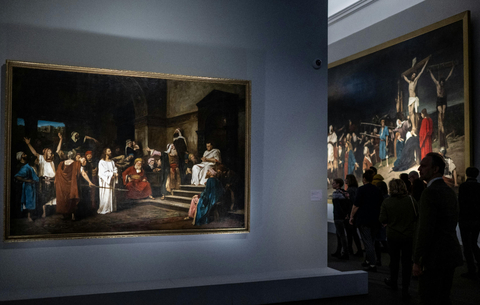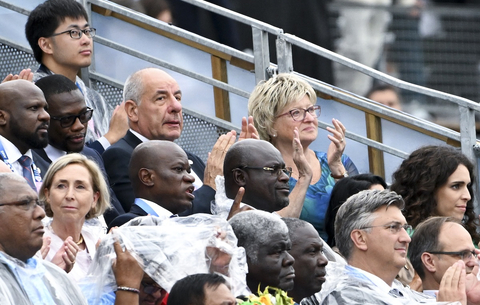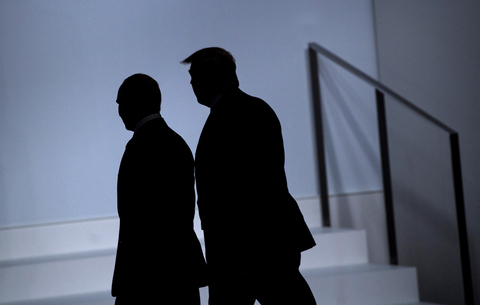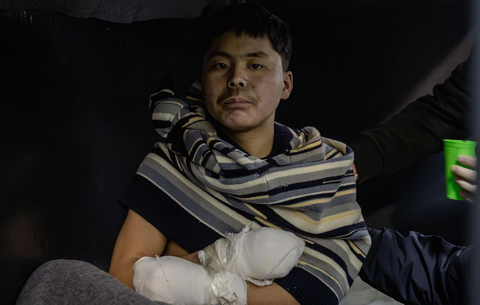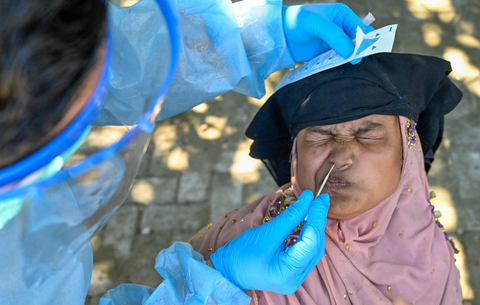Opinion
What a terrible injustice that only 8m of 10m Hungarians have voting rights. The under 18s are barred from political self-expression! How much more effectively the rights of children and large families could be protected if children could send their representatives to parliament, not just the adults! That many have not yet come of age, that some have not yet learned to speak need not be an obstacle. Parents could exercise their children's voting rights – ideally, the father could vote on behalf of his sons, the mother on behalf of her daughters.
This is the essence of the Fidesz MP Marius Revesz's private member's bill in Parliament. The Socialist Imre Mecs welcomed the proposal enthusiastically, while the National Association of Large Families not only welcomed the idea, but dispatched a letter to every single MP complaining that "when we take decisions about the future, the vote of a parent of six is worth no more than that of a childless person."
When it was pointed out that his proposal was unconstitutional according to most lawyers, Marius Revesz said: "100 years ago, it was unconstitutional for women to vote," adding that "at this early stage," it was not necessary to work out the details. Yet a little thought would have shown him that the idea was unworkable so long as adulthood is a prerequisite for possessing the right to vote. Children cannot have the right to vote, since, if they did, they would be adults. Children are barred from the vote not just by the constitution, but by common sense, even if that right were to be invested in the child's parent. What would happen if the parent were in prison, and thus barred from voting, or if the child had a different party preference from the parent? Saying that children cannot vote is just as obvious as saying that "future generations," "the environment," or "animals" cannot vote. This does not mean that politics should not respect these different groups' interests. Under the constitution, MPs also represent those who do not have the right to vote.
Of course, Revesz could propose a law that would give voting rights not to the child, but to the parents. This solution would give more votes to some, fewer votes to others, all on the basis of fertility. This would violate the principle of "one person, one vote." Revesz himself admits that his proposal has never been implemented anywhere in the world. There was some press debate in Germany in 2006, but it has since died down.
It is clear enough that Revesz's proposal will never make it onto the statue books, but apart from accepting that we have just witnessed the birth of yet another ad hoc political idea that would 'only' require a few minor constitutional changes. What could he have been thinking? Well… The surveys show that younger age groups, including the parents of minors, are more likely to support Fidesz than older people, so it would make sense for the Right to favour a voting system that gave the young comparatively more votes. But even if this is the case, it's hard to see why it wouldn't be easier to come up with an equally useful, but realistic idea. There are plenty of examples from abroad.
In Europe, in the United States, and in many other countries around the world, there are movements calling for the franchise age to be lowered. The Hungarian Child-Friendly Movement, which "welcomes Revesz Mariusz's proposal, even if it is not familiar with the details," lists among its goals a lowering to 16 of the age of political enfranchisement, initially in local elections. This is already the practice in six German and three Austrian Länder, as well as in Vienna and Berlin. In Isreal, though people can only vote in national elections from the age of 18, 17-year-olds can vote in local elections.
In the middle of the 20th century, 21 was the age of enfranchisement in most countries. It was only in the 1970s that 18 became the norm. Nineteen is still the voting age in South Korea, but it is 17 in North Korea and Indonesia, and 16 in Brazil, Cuba and Nicuragua. In these countries, unlike in Hungary, Germany or Austria, there is a population explosion, and more than half the population is below the age of 18. In these countries, lowering the voting age expands the franchise dramatically. But it is likely that however many children there are, they tend to be less competent than their more experienced elders. It is instructive that some countries that have experimented with lower age limits subsequently raised the voting age. This happened in the Phillippines in 1987 and in Iran this year. In both cases, voting age was lowered to 15 before being raised back to 18.
FERENC GERLÓCZY
(The author is a journalist.)
